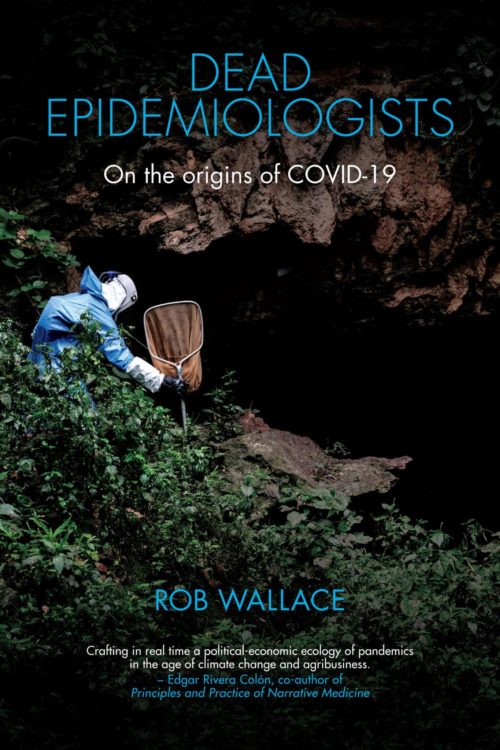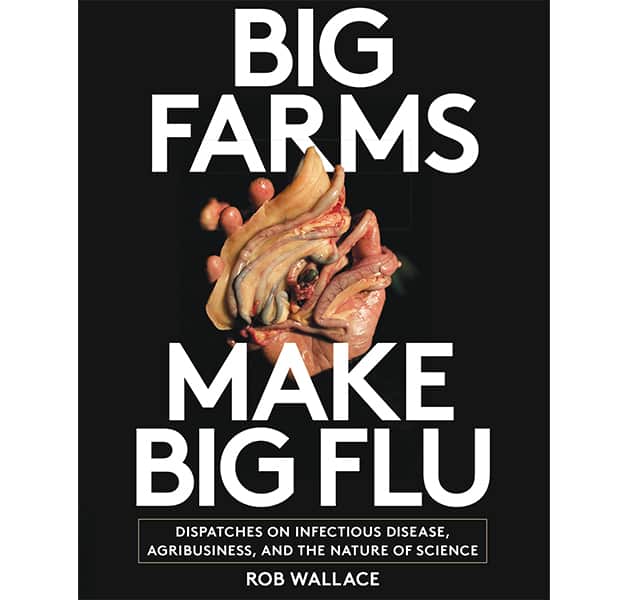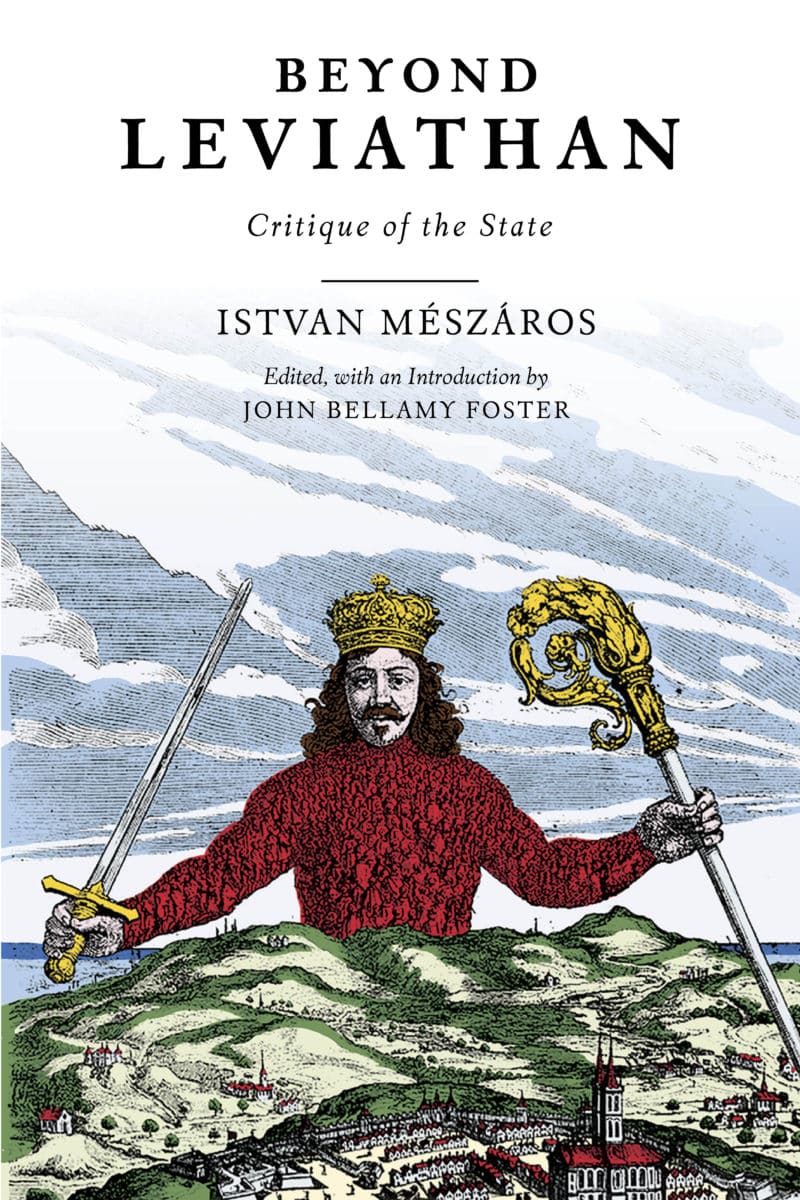An excerpt of the essay “Gated Ecologies,” in, Between Catastrophe and Revolution: Essays in Honor of Mike Davis, edited by Daniel Bertrand Monk and Michael Sorkin, and published by our friends at OR Books.
By Rob Wallace, Kenichi Okamoto, and Alex Liebman
Houston, you are a problem. Fossil capitalism separates our economies from our ecologies, producing what political economist Karl Marx characterized as a series of metabolic rifts. Capital separates humanity into profit and the labor it commoditizes. It alienates nature from itself, breaking historically emergent ecological feedbacks and polluting soil, air, and water that only bacteria and other extremophiles can now survive. Human industry, in the general sense of how we appropriate nature, has been turned into a one-way ticket in expropriation the system cannot escape of its own accord. Capitalism can replicate itself only in such a way that the cooperative commons and regenerative biosystems on which it feeds struggle to reproduce.
Philosopher István Mészáros diagrammed these rifts. A basal triangle represents what was humanity’s mutual metabolism with nature, spotty as it was, up until global capitalism’s emergence. Humanity used nature, which shaped us in turn, changing how we used nature again. As a result, human ecologies were robust in population. Outside noted wars and collapses, many societies the world over demographically cycled within resource boundaries co-constructed with nonhuman species, even in the course of transitioning from one mode of production to another. Limits protecting social reproduction emerged as both epiphenomenon and conscious ethos.

As Mészáros diagrams, a second plane of interactions around producing (and privatizing) surplus value now gashes off above, still necessarily dependent on the primary relationships between nonhuman nature and humanity, but first and foremost organized around capitalist dynamics. In effect, capitalism projects nature and people off Earth proper into a distinct space, where alienated nature and alienated people interact on commoditization’s terms alone.
It isn’t all black and white, of course. “Mastery over nature” doesn’t by definition preclude environmental conservation, nor does indigeneity bar overexploitation. But neither is the resulting system a mush of gray. For capitalists themselves cast the operative distinctions here as a matter of celebrated principle. Industrialist Elon Musk’s recent stunt, launching his Tesla Roadster into space, only marks what has already long passed. As a historically contingent system that, in the face of all evidence to the contrary, banks on infinite economic growth off a finite biosphere, capitalism has long left the planet.
How might we analyze these dynamics, so central to our present crises? Alienation of nature and what was long our ecological appropriation has largely been treated in qualitative terms alone.7 Terrific work and required reading, certainly. In the spirit of using natural science to open up science, reappropriating its mantle for more than just another iteration in capitalism, our team concluded that alienation in the Mészáros sense could be modeled in a statistically rigorous way. Moreover, we should be able to use it to help unpack the novel global epidemiologies that are now emerging out of alienated production. Those interested in the technical details of our program of study may find them online. The aim of our chapter here is to offer a summary….
Rob Wallace is an evolutionary epidemiologist with the Agroecology and Rural Economics Research Corps. He is author of Dead Epidemiologists: On the Origins of COVID-19 and Big Farms Make Big Flu. He has consulted with the Food and Agriculture Organization and the Centers for Disease Control and Prevention. The piece excerpted above will most like be republished Wallace’s in “Revolution Space”, forthcoming from Monthly Review Press.
István Mészáros was a professor emeritus at the University of Sussex and a world renown philosopher and critic. He authored The Challenge and Burden of Historical Time, The Necessity of Social Control, Beyond Capital and over a dozen other titles. A compilation of his posthumous work Beyond Leviathan is coming soon from Monthly Review Press.




Comments are closed.